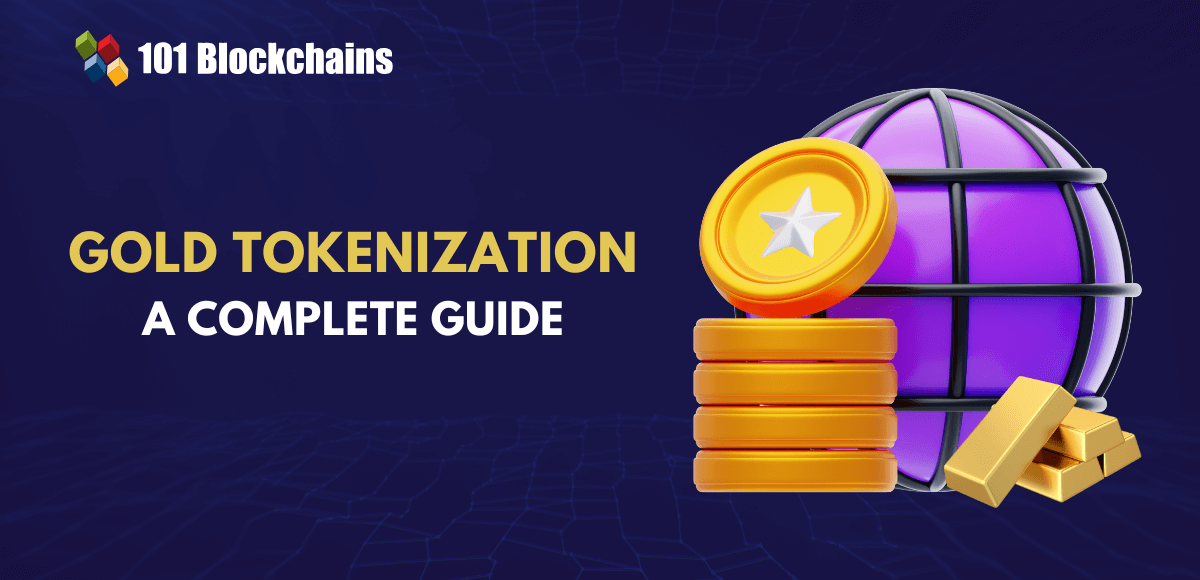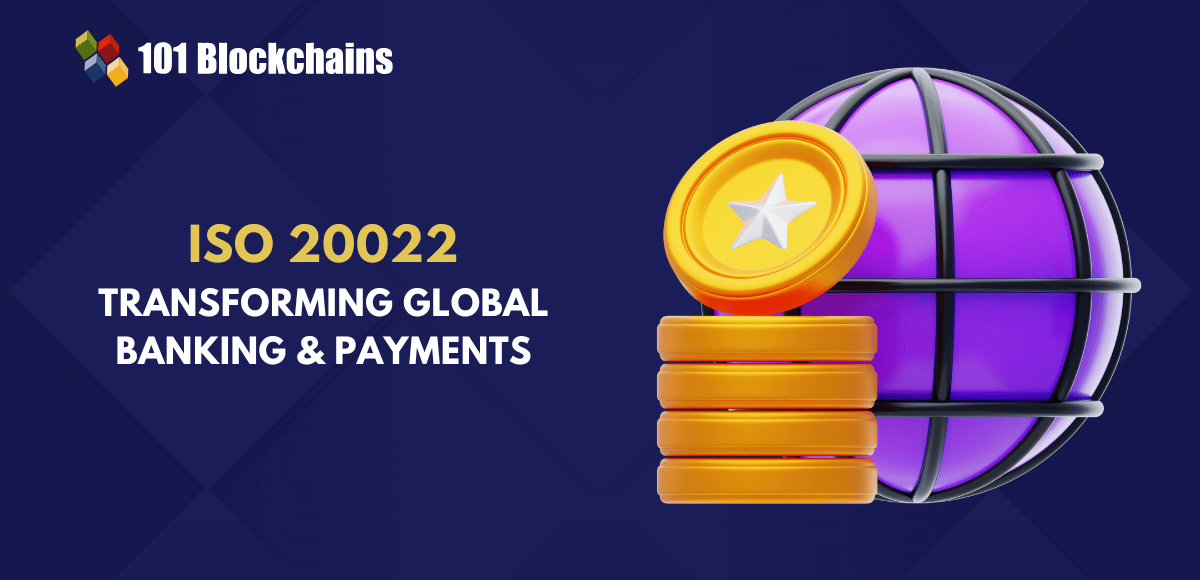Learn how blockchain truly works, master key definitions, and uncover what makes smart contracts so "smart." Dive into the fundamentals, gain valuable insights, and start your blockchain journey today!

- Guides
101 Blockchains
- on May 28, 2018
ICO Vs DAICO: What Is The Difference Between The Two?
The Initial Coin Offering (ICO) concept has rapidly become one of the most popular forms of crowdfunding especially as blockchain and cryptocurrency become more mainstream. However, there might be a new crowdfunding model called DAICO that might challenge the ICO model. It is important to evaluate ICO Vs Daico in order to understand the differences between the two.
ICO vs DAICO: understanding the difference between the two
An ICO takes place when a company or an organization makes a digital token or cryptocurrency which it then offers to the public in order to raise capital which is then used to run its projects. Many companies have successfully raised a lot of funds through ICOs and this type of crowdfunding has proved to be quite effective.
Unfortunately, it has also had its fair share of downsides including criticism from authorities for lack of proper regulation. Scammers have also been stealing money from investors leading to the loss of millions. This has led to the need for a better ICO model and DAICO might be it.
Ethereum founder Vitalik Buterin published a whitepaper about DAICO earlier this year, in which he described it as a combination of the old ICO model and the Decentralized Autonomous Organisation (DAO). The motivation behind the DAICO concept is the need for a model that focuses on minimizing risks that exist in the ICO model hence the ICO vs DAICO comparison
The different characteristics of DAICO
A DAICO will allow investors or token holders to contribute the amount over time unlike in ICOs where the investment amount is raised at the start of the project. The DAICO approach gives investors more control and even allows them to determine the rate at which the funds will be provided to the development team. The token holders decide the rate through a vote and this includes whether or not to continue supplying the money or to let the tap run dry.
The idea behind the DAICO approach is a solution that will provide an incentive for developers to be honest and remain focused on the project and limits the likelihood of a scam. This concept is expected to work well especially for developers that are serious with their project. It ensures developers are rewarded on intervals based on the amount of work done or the progress registered. At the end of the day, it aims to provide a win-win situation for the parties involved.
DAICOs also encourage investor engagement especially through the voting and also allows them to keep track of the project. This is unlike ICOs where investors do not have any control once they invest their money and they often do not get a chance to be involved.
The challenges of DAICO
Although Vitalik developed the DAICO concept to overcome the challenges of ICOs as mentioned above, it is important to note that DAICOs also have their challenges. For example, investors have to be educated on various aspects such as making informed decisions in the market and token price fluctuations. There are also external factors to consider such as the challenges that are involved in blockchain technology and one good example is scalability. The Ethereum is particularly popular with ICOs but it is not clear whether it might be overtaken by other blockchains in the future.
Another challenge involved with the DAICO approach is whether investors can be trusted to make the right decision as far as the direction of the project is concerned since they have the power.The DAICO concept is quite new and Abyss will be the first project to test-drive it. There is a lot that is still not clear especially the criteria that will be adopted for this kind of crowdfunding. More details will be revealed once the first run proves successful. However, based on an evaluation of ICO vs DAICO, it is safe to say that DAICO makes a more appealing argument.
Summary
Both crowdfunding approaches seem to have their downsides but on the bright side, DAICO makes a more compelling argument in favor of investors and it is aimed at protecting their interest. For this reason, it might be the future of crowdfunding in the blockchain community.
Liked this article? Here is another one just for you, STO Vs ICO: The Difference Between The Two.




